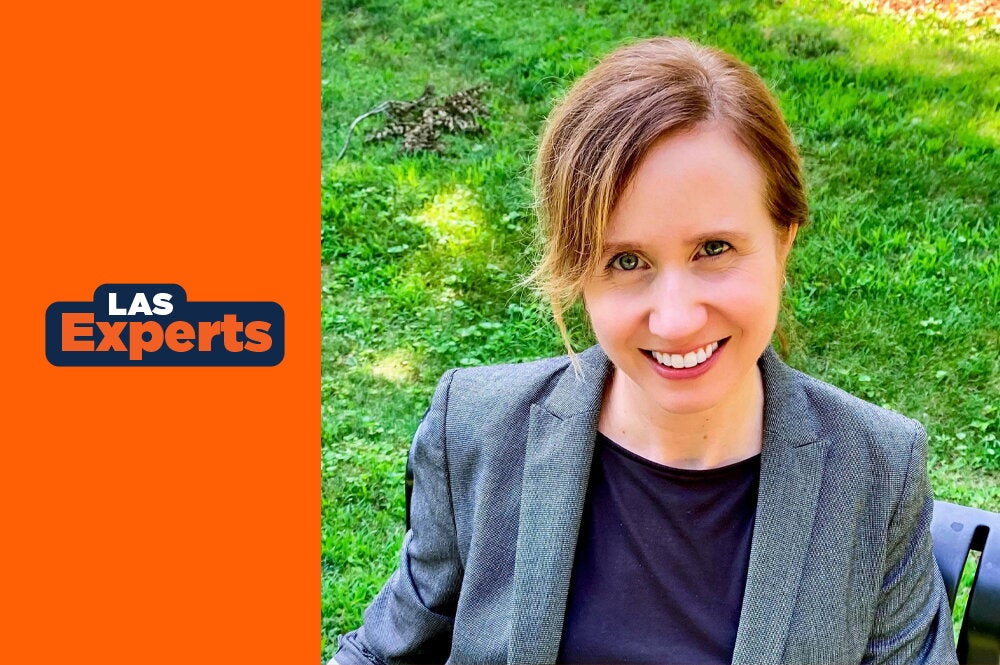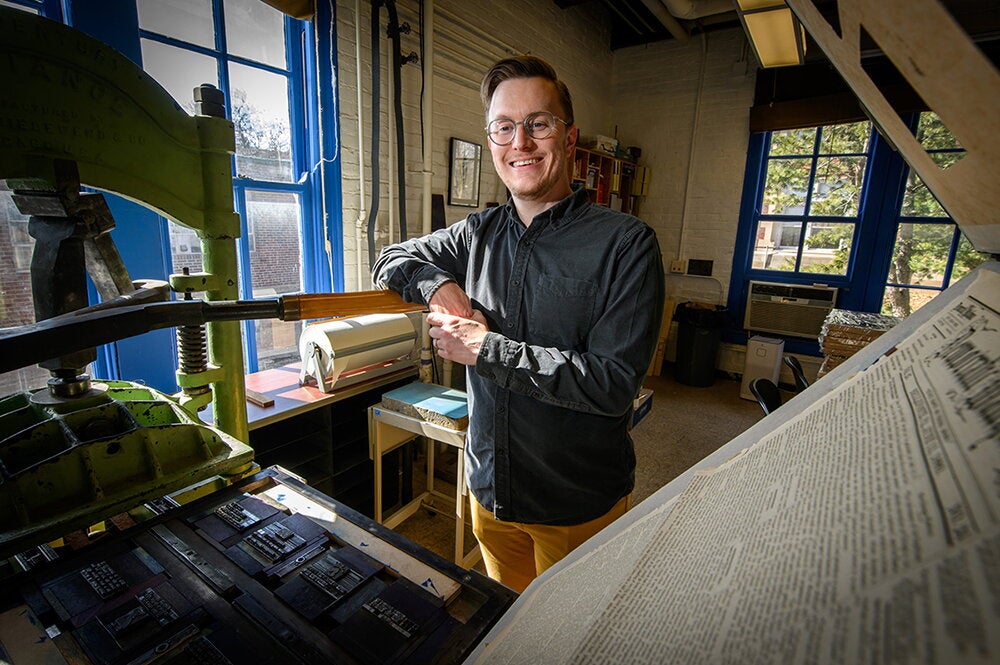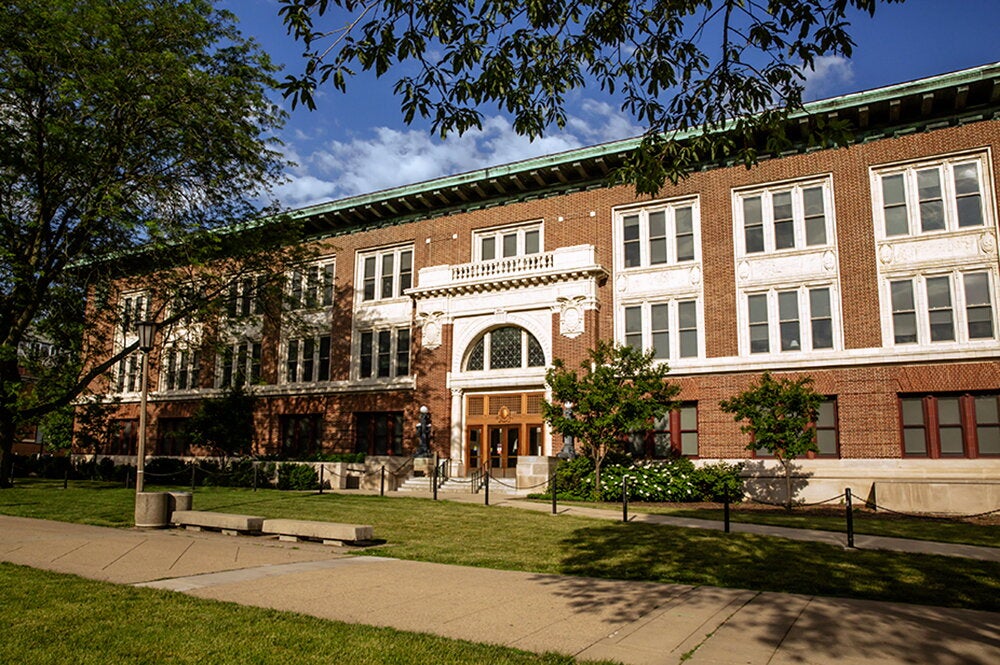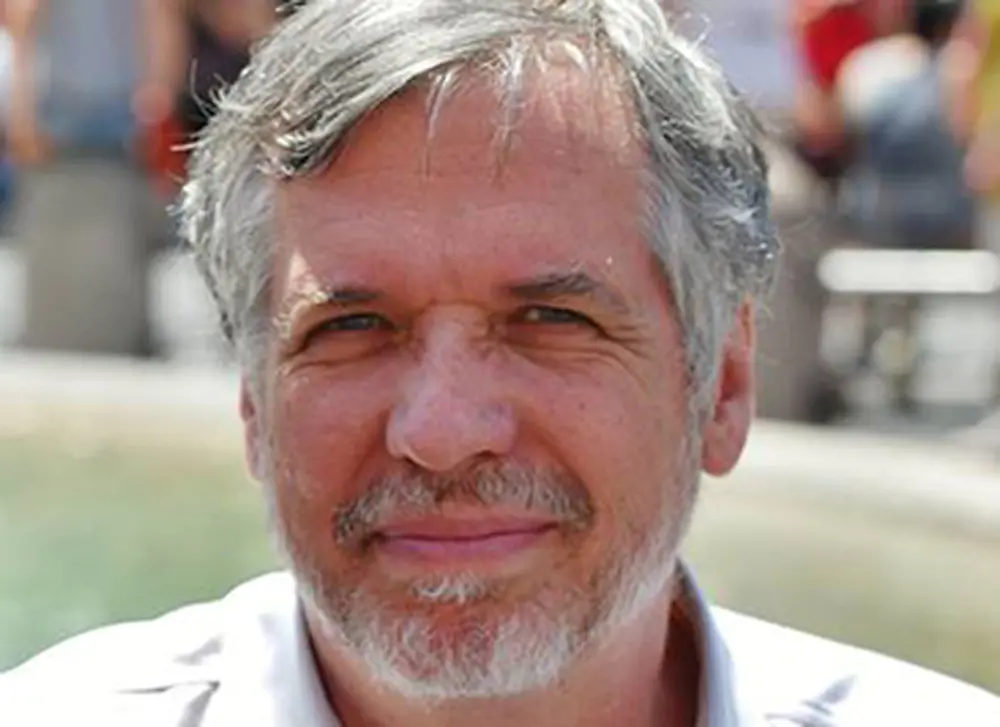
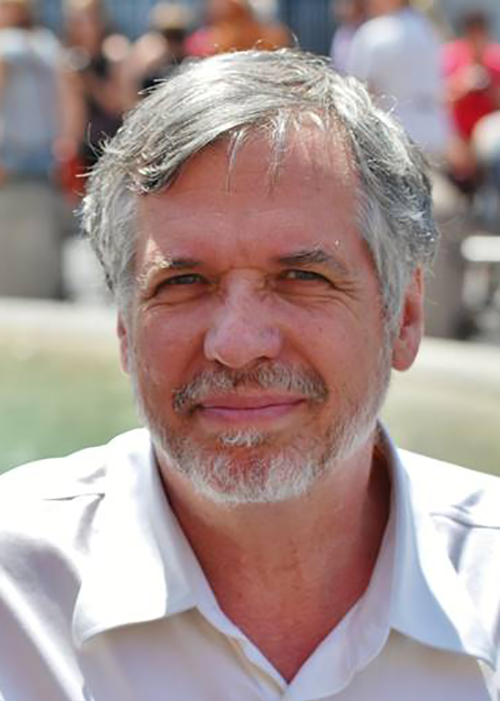
Sometimes during the course of an English major’s studies, he or she encounters literature that lingers for a lifetime. That has been the case for Albert Ascoli (BA, ’75, English), who first read Dante Alighieri’s “Divine Comedy” while an undergraduate at the University of Illinois.
To say the 14th century poem resonated in the College of LAS alumnus could be an understatement. Ascoli, the Gladyce Arata Terrill Distinguished Professor of Italian Studies at the University of California-Berkeley, was recently reelected to another three-year term as president of the Dante Society of America. His first term as president of the society ran from 2014 to 2017, and prior to that he held other elected positions with the organization, dating back to the 1990s.
The way that Dante captures his imagination, Ascoli said, is not something he can express in just a few words.
“More than any other author, this side of Shakespeare, that I know of, Dante captures the full range of human experience in his time and place, in ways that are morally and intellectually demanding and yet accessible and captivating to the young and the curious,” Ascoli said.
The Dante Society, founded in 1881 by Henry Wadsworth Longfellow, the famous poet and first American translator of the “Divine Comedy,” is devoted to promoting the study and appreciation of the Italian poet and his cultural legacy.
The society’s activities include regularly publishing the English-language journal “Dante Studies,” and holding essay contests for students who submit papers related to Dante. Ascoli said that he and the previous president, Nancy Vickers, undertook a series of reforms to bring the society “into the 21st Century,” through financial reforms, a new website, and several other organizational moves to make the society and the subject of Dante more accessible.
“In my own scholarship I have studied various aspects of the Italian (and European) Middle Ages and Renaissance,” Ascoli said, “but there is no doubt that Dante and his works have been my most enduring scholarly and educational passion. That passion, I hope it is clear, is not only expressed in my own scholarship and teaching, but also in doing what I can, as a member of the Dante Society and now its president, to encourage and assist others for whom Dante is, or can become, a part of their personal and social growth.”
Ascoli was born and raised in Champaign and Urbana, where his father was a professor of physics and his mother was a social worker. He began his college education at Grinnell College in Iowa, transferring to U of I in his last two years to complete his undergraduate education, majoring in English and minoring in French and Italian.
After spending a year on a granted study in Italy, he went to Cornell University in pursuit of doctoral degree in English. He soon transferred to Romance Studies where he finished a dissertation on Italian poet Ludovico Ariosto, which would later become his first book, “Ariosto’s Bitter Harmony.”
After graduating and being employed from 1982 to 1996 at Northwestern University as professor of Italian and of comparative literature, Ascoli moved to the University of California-Berkeley, where he works to this day. Ascoli has published multiple works regarding the Middle Ages and Renaissance, but his work most noteworthy to the Dante Society is his 2008 book with Cambridge University Press, “Dante and the Making of a Modern Author.”
Ascoli said that his experience in the College of LAS was quite formative in developing the passion for Dante that led to the position he currently holds.
“My studies with U. Milo Kaufmann and Michael Mullin in the English Department and Angelina Pietrangeli in Italian were especially important,” Ascoli said. “It is there that I first steeped myself in the study of the earlier periods and there that I first read and loved the ‘Divine Comedy.’”
Ascoli is also proud to say that a former student of his at Berkley, Eleonora Stoppino, now teaches Dante at the University of Illinois, as a professor in the Department of French & Italian.
Ascoli has lately been striving to expand the reach of the Dante Society. They recently published writings by high school students in a section of their website called “Dante Encounters,” and the society is making plans for a larger initiative called “Dante in the Schools.”
In 2016 the Dante Society established the Durling Prize (named for the late Robert Durling, a professor of Italian and English literature) that awards North American secondary educators $1,000 for excellence in the teaching of Dante’s life, time, and work. Ascoli said that he is particularly proud of establishing the prize.
“It has been my particular goal to expand the horizons of the society so that its activities are useful for and interesting to a larger public,” Ascoli said, “and in particular to create resources that will benefit students and teachers, not only at the university level but also in secondary schools.”
